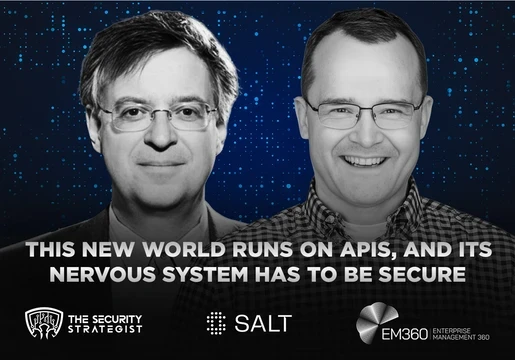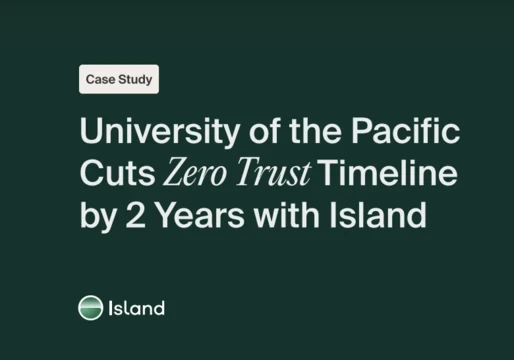It is impossible to predict the future impact of today’s technology. In an anxious climate of fake news, data harvesting and censorship, how can we advocate ethical tech? Silicon Valley has attempted to address this moral predicament. The think tank Institute of the Future and the Tech and Society Solutions Lab have partnered with the Tech and Society Solutions Lab to create the world’s first ethical toolkit for technologists. Technology often evolves in unpredictable ways. The Ethical Operating System, or Ethical OS, has thus been designed to prevent the potential devastating effects that technology can create. The toolkit aims to help “makers of tech, product managers, engineers, and others get out in front of problems before they happen.” It has been designed to “facilitate better product development, faster deployment, and more impactful innovation.” Ethical OS, or the Ethical Operating System, anticipates some of the moral quandaries that technologists often experience. The guide includes tools for “visualising and anticipating future risk, and building a better ecosystem.” Ethical OS identifies 8 potential risk zones:

- Truth, Disinformation, Propaganda
- Addiction & the Dopamine Economy
- Economic & Asset Inequalities
- Machine Ethics & Algorithm Biases
- Surveillance State
- Data Control & Monetization
- Implicit Trust & User Understanding
- Hateful & Criminal Actors
“Here we are in this new era where there's a whole set of unintended societal consequences that are emerging as tech becomes more ubiquitous,” Paula Goldman, head of the Tech and Society Solutions Lab, commented. “Tech companies haven't caught up with the direct link between the products they have and being able to get ahead of that," she added. The impetus for the playbook was to enable tech companies to understand these consequences and ensure that their technology is “good for the world.” In theory, the guide should allow tech businesses to minimise technical and reputational risks. Ironically, Silicon Valley has produced a guide for the very billion-dollar tech giants it cultivated. Now, the companies who are (subjectively) the most accountable for non-consensual data acquisition could come out on top of the GDPR scandal. Amazon and Google could transpire to be the champions of the newly regulated data economy after experiencing an initial bout of public criticism. The nuanced nature of data laws means that organisations may require a highly scaled service provider to automatically manage new regulations. This presents a moral predicament. Tech giants like Amazon and Google are still failing to comply with the new European privacy rules, according to a study conducted by the consumer group BEUC. The intersection of tech and society is complicated, and the all-powerful tech companies of Silicon Valley wield a massive amount of control. It is therefore integral that technologists recognise the importance of corporate social responsibility. Ethical OS will act as a bridge between the researchers who study tech’s societal impact and the companies that possess technological power. If the world’s biggest tech companies decide to comply with the guide, the future of tech could be bright. Interested in ethical tech? Listen to our interview with Hu-manity.co’s founder Richie Etwaru







Comments ( 0 )